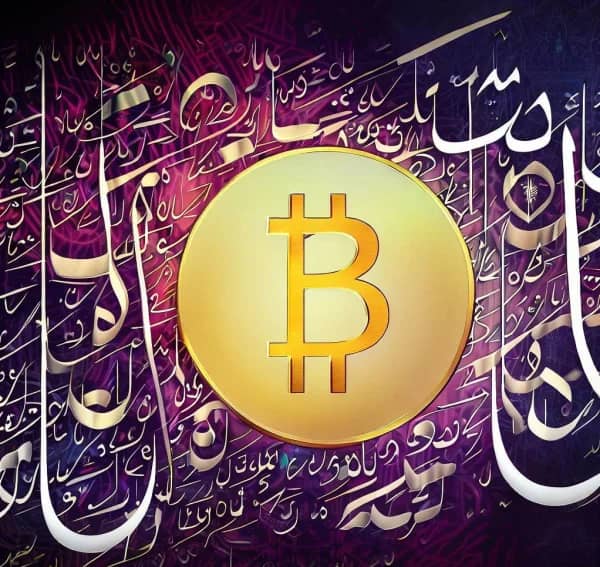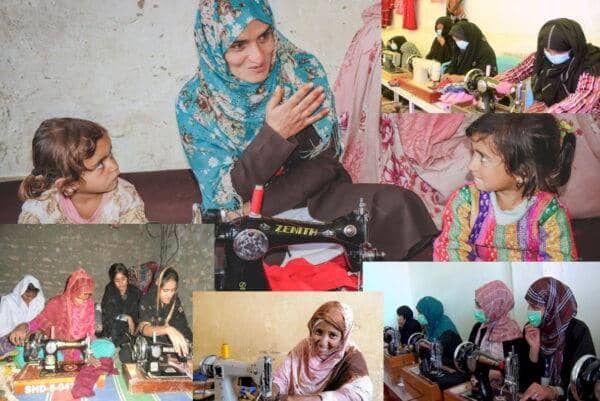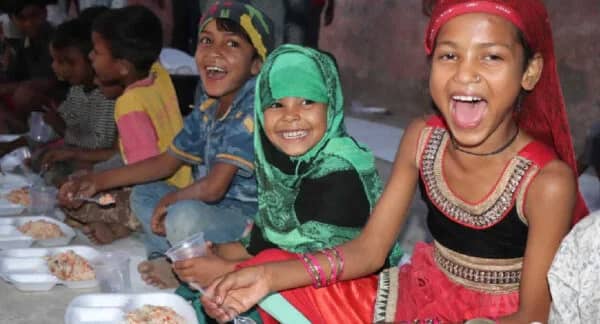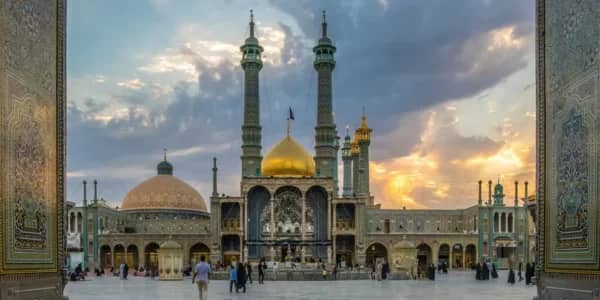The rise of cryptocurrency has presented a unique challenge for observant Muslims: how to calculate zakat on these digital assets? This guide explores the intricacies of crypto zakat, delving into traditional zakat percentages, the special case of cryptocurrency, and practical considerations for navigating this innovative financial landscape.
Understanding Zakat Percentages: A Range for Different Assets
Zakat, one of the Five Pillars of Islam, is a mandatory charitable contribution levied on a Muslim’s wealth. Traditionally, zakat is calculated at a standard rate of 2.5% for most assets like cash, gold, and tradable goods. However, there are exceptions:
- Agricultural Products: Crops grown on irrigated land incur a 5% zakat rate, while those on non-irrigated land face a 10% levy. This distinction reflects the varying resource needs for cultivation.
- Minerals: Extracted minerals can be subject to a zakat rate ranging from 20% to 33.33%, depending on the extraction method – a recognition of the intensive labor or machinery involved.
- Cryptocurrency Zakat: Applying the 2.5% Standard
So, how does zakat apply to the digital realm? Many scholars see cryptocurrency as analogous to tradable goods like gold and silver, thus advocating for the standard 2.5% zakat rate. This reasoning rests on three key pillars:
- Function as a Store of Value: Similar to gold, cryptocurrency can be held for long-term value storage, making it comparable to traditional zakat-eligible assets.
- Medium of Exchange Potential: Many cryptocurrencies are increasingly used for transactions, mirroring the function of cash, another asset subject to the 2.5% zakat rate.
- Underlying Value: Cryptocurrencies often have a defined value system, allowing for a clear assessment of wealth for zakat calculation purposes.
Calculating Your Crypto Zakat: Practical Considerations
When calculating your crypto zakat, here’s what you need to know:
- Zakat Assessment Date: Determine your zakat anniversary based on the Islamic calendar. This marks the date on which you assess your wealth for zakat purposes.
- Total Cryptocurrency Holdings: On your zakat anniversary, calculate the total value of all your cryptocurrency holdings in your wallets.
- Fiat Currency Conversion: Convert the total crypto value to your local fiat currency (e.g., USD, EUR) using the prevailing market rate on your zakat anniversary. Of course, we all know that almost all wallets now have something like this and show the value of cryptocurrencies automatically based on the fiat value you choose. So, you can multiply the total values displayed in all your wallets by 2.5%.
- 2.5% Zakat Application: Apply the standard 2.5% zakat rate to the converted fiat currency value to determine your zakat obligation on your cryptocurrency holdings and you can pay your zakat with crypto.
Navigating Crypto Market Volatility: A Word of Caution
The inherently volatile nature of the cryptocurrency market presents a unique challenge in zakat calculation. While considering the value on your zakat anniversary is sufficient, some scholars advise a conservative approach. If you have doubts about the future value of your holdings, opting for a slightly higher valuation for zakat calculation can ensure you fulfill your religious obligation.
Responsible Stewardship in the Digital Age
Calculating crypto zakat may seem daunting, but with a clear understanding of traditional zakat principles and the evolving landscape of digital assets, Muslims can navigate this new frontier responsibly. By consulting with qualified Islamic scholars and adopting a transparent approach to valuation, crypto holders can ensure they fulfill their zakat obligations while embracing financial innovation. Remember, zakat is not just a financial obligation; it’s a cornerstone of Islamic social responsibility, fostering a more equitable and compassionate world.
















